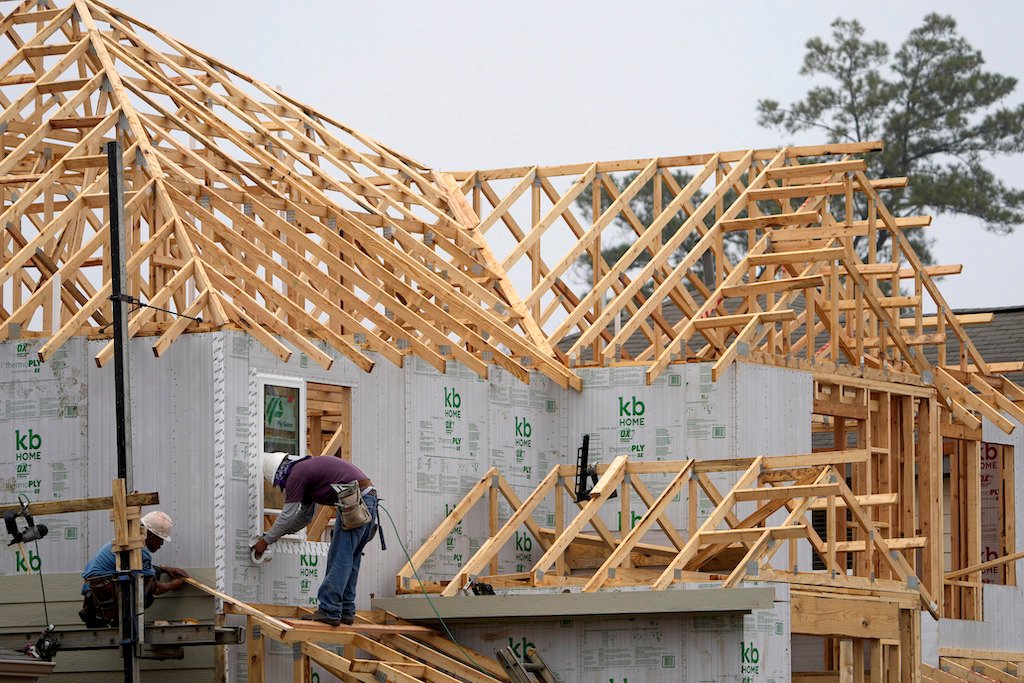You can write all the content you want, optimize every page, and perfect your metadata — but if you don’t have backlinks, you’ll never hit page one.
Backlinks are the trust signals of the internet. They tell Google, “Hey, this site is legit.”
In the competitive world of real estate SEO, backlinks can be the deciding factor between ranking on page 1 or page 5. In this guide, we’ll cover the exact role backlinks play in ranking real estate websites — and how you can start building them the right way.
What Are Backlinks?
Backlinks are simply links from one website to another. In Google’s eyes, when one site links to yours, it’s a vote of confidence.
Think of them like referrals in the real estate world. The more high-quality referrals you have, the more credibility you carry.
And when it comes to SEO for real estate agents, authority is everything.
Why Backlinks Matter for Real Estate Websites
Backlinks improve:
-
Domain authority
-
Page authority
-
Indexing speed
-
Keyword rankings
-
Competitive positioning
If two agents in the same city have equally optimized websites, the one with better backlinks will almost always outrank the other.
That’s why backlink strategy is baked into any successful real estate SEO strategy.
Types of Backlinks You Should Be Targeting
Not all backlinks are equal. Focus on quality over quantity.
-
Guest Posts — Write articles for local blogs, chambers of commerce, or real estate publications.
-
Local Citations — Get listed in local directories, real estate boards, and niche marketplaces.
-
Press Mentions — Try HARO (Help A Reporter Out) or local media outreach.
-
Link Insertions — Reach out to existing content creators who can reference your listings or market insights.
This is the same model used by any reputable real estate SEO expert when building authority for their clients.
Anchor Text Optimization
Backlinks work even better when the clickable text (anchor text) is relevant.
Mix your anchors with variations like:
-
“homes in [City]”
-
“realtor site”
-
“property market trends”
-
“[Your Name] real estate insights”
Also include branded terms to keep your link profile natural. Avoid over-optimized anchors like exact matches of “buy homes in [City]” repeatedly — this can trigger Google penalties.
Where to Find Backlink Opportunities
Start with:
-
Local real estate blogs and news outlets
-
Chamber of commerce websites
-
Community event pages
-
Real estate podcasts or YouTube channels
-
Vendors or mortgage brokers you already work with
Make backlink outreach part of your weekly marketing rhythm — just like following up with leads.
Top real estate SEO companies often have outreach systems in place to secure dozens of these per month.
Tracking Your Backlink Progress
Use tools like:
-
Ahrefs
-
SEMrush
-
Moz
-
Ubersuggest
Track:
-
Number of referring domains
-
Domain rating (DR) or domain authority (DA)
-
Traffic from referring sites
-
Anchor text distribution
Regular monitoring helps you avoid toxic links and stay on top of your off-page SEO game.
Common Mistakes to Avoid
-
Buying cheap spammy links — these can tank your site
-
Ignoring local relevance — a backlink from a global shoe blog doesn’t help your city-specific real estate site
-
Over-optimizing anchor text
-
Building links too fast — grow naturally to avoid red flags
If in doubt, consult with a professional. Any experienced real estate SEO consultant will tell you that links are powerful — but dangerous when misused.
Final Thoughts
Backlinks are essential for ranking in competitive markets. They work silently in the background, helping Google understand your authority and pushing your content to the top.
Whether you’re a solo agent or a national brokerage, backlinks should be a core pillar of your real estate SEO services. Combined with content, local optimization, and technical SEO, they’ll help you build a digital moat no competitor can cross.

